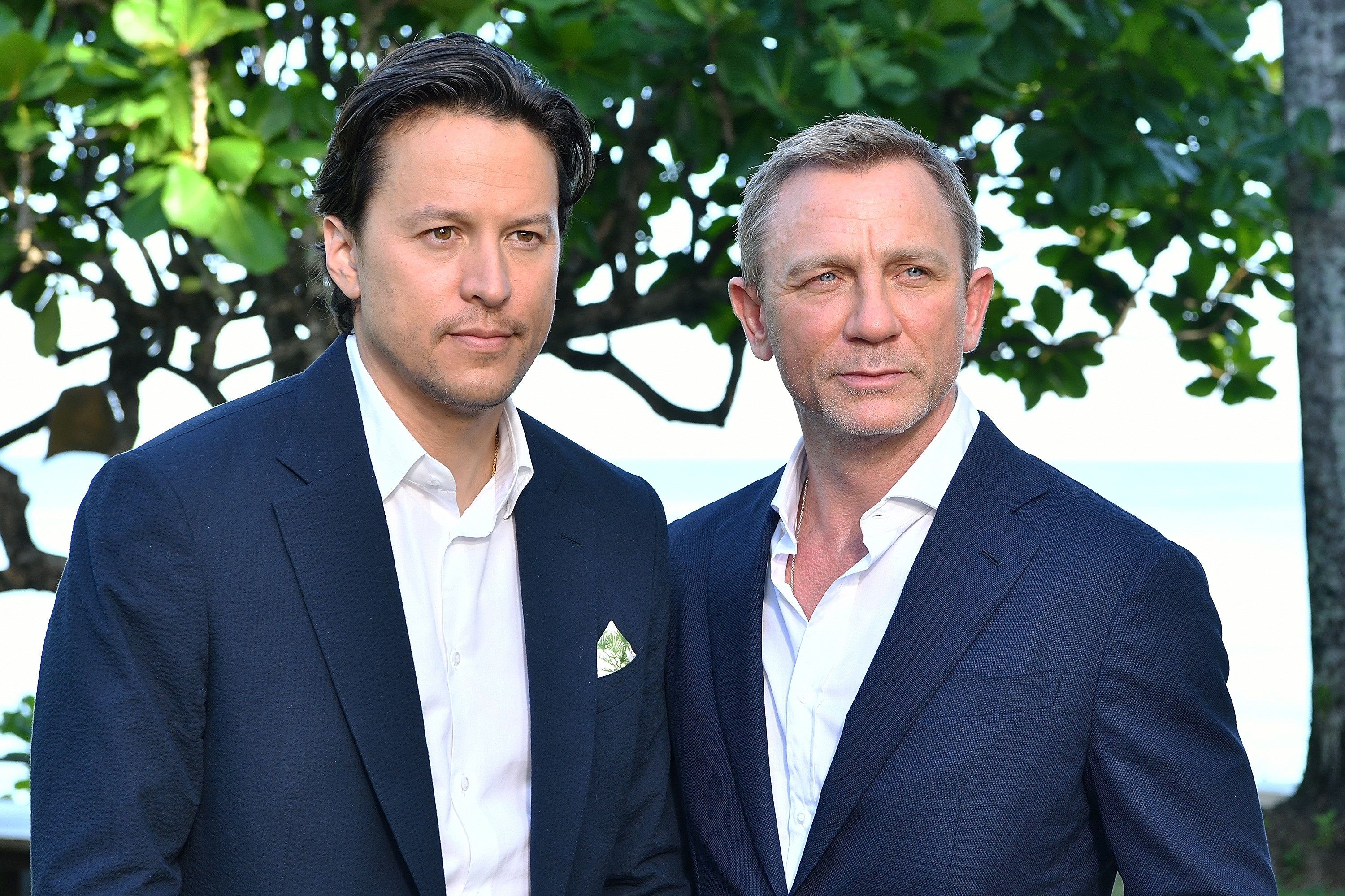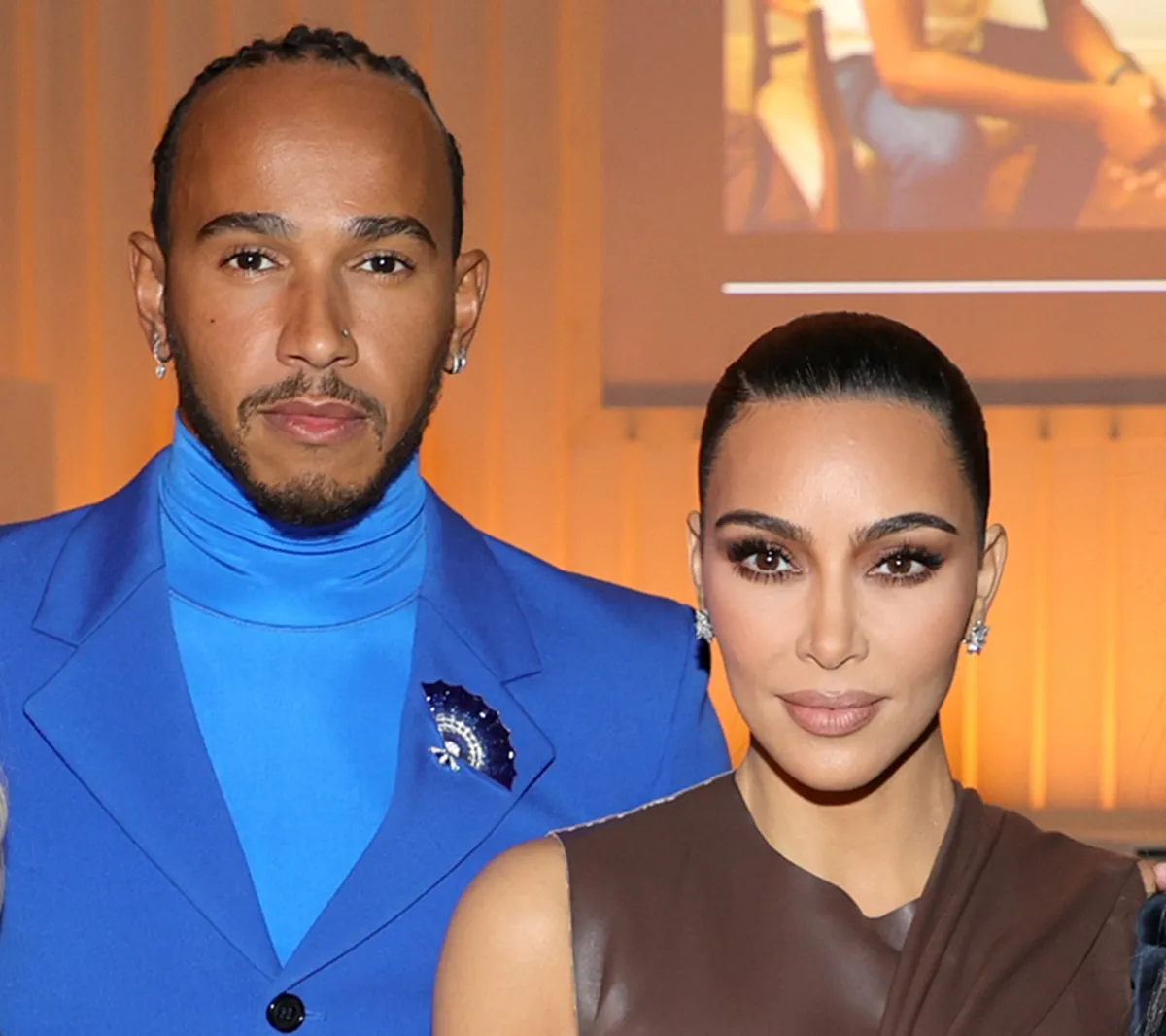‘No Time To Die’ Director Cary Fukunaga Talks About Post #MeToo Changes in the Bond Film
No Time To Die, the 25th film of the James Bond franchise is, hopefully, releasing soon in theaters. The last time we saw Daniel Craig as the British secret agent was in the 2015 movie Spectre.
But a lot has changed in the last six years. A poignant moment that the James Bond movie has to reckon with is the #MeToo movement.
James Bond movies have always depicted the dapper secret agent as a serial womanizer, rendering its female characters as mere token characters without any substantial depth or much to do.

The ‘James Bond’ franchise has been criticized for its poor treatment of female characters
Bond movies have gained the reputation of objectifying female characters over the years. Whether it was Sean Connery or Pierce Brosnan as James Bond, their characters indulged in several sexist remarks in the movies. Moreover, in movies such as From Russia With Love, Bond conveniently gets away with inappropriate behavior, for which he would get called out, today.
Apart from this, the female characters get abysmal depiction independent of the main character. The idea of ‘Bond girls’, who come and go each movie, represents a sexual conquest at worst and a side character at best.
The Bond franchise has faced these criticisms for a long time and as such made little adjustments in the last few iterations of the superspy movies. No Time To Die is the first movie to come out after the industry was forced to confront problems of gender disparity on a large scale. The onus of tackling the issues, thus, lies with No Time To Die.
In a recent interview with The Hollywood Reporter, the movie director Cary Fukunaga spoke about the changes in No Time To Die in the light of the #MeToo movement.
‘No Time to Die’ Director Cary Fukunaga Suggested bringing Phoebe Waller-Bridge as a writer on the movie
Fukunaga refutes the notion that Waller-Bridge came on board to “make Bond more woke.” He revealed that Barbara Broccoli, the producer of the James Bond movies, already wanted the movies to have stronger female characters.
“From my very first conversation with Broccoli, that was a very strong drive,” Fukunaga said. “You can’t change Bond overnight into a different person. But you can definitely change the world around him and the way he has to function in that world.”
The director said changing Bond’s character overnight would not have been possible. But the female characters in the movies could be made better.
“It’s a story about a white man as a spy in this world, but you have to be willing to lean in and do the work to make the female characters more than just contrivances,” Fukunaga said.
Lashana Lynch thinks Fukunaga successfully led the change in ‘No Time To Die’
Lashana Lynch plays an MI6 agent who takes Bond’s secret agent number 007 in the movie. Early speculations pegged Lynch as the new Bond since No Time To Die will be Craig’s last outing as Bond. Those speculations have now been found untrue.
However, Lynch still plays the role of another secret agent in the movie. And she seems satisfied with the steps Fukunaga took to bring the women of Bond films out of the shadows.
Lynch noted that Fukunaga insisted on maintaining equity and agency in the female characters of No Time To Die. She said that the audiences will see the women in “solo moments” and learn who they are.
“It was really important to empower the female characters as stand-alone. And I think that he[Fukunaga] kept that in mind throughout the whole shoot,” Lynch said. “I didn’t feel like Nomi, as a young Black woman, was constantly standing behind the white guy, which, for me, is job done. And that was a very conscious decision for Cary[Fukunaga].”
No Time To Die will release in theaters on Oct. 8.


